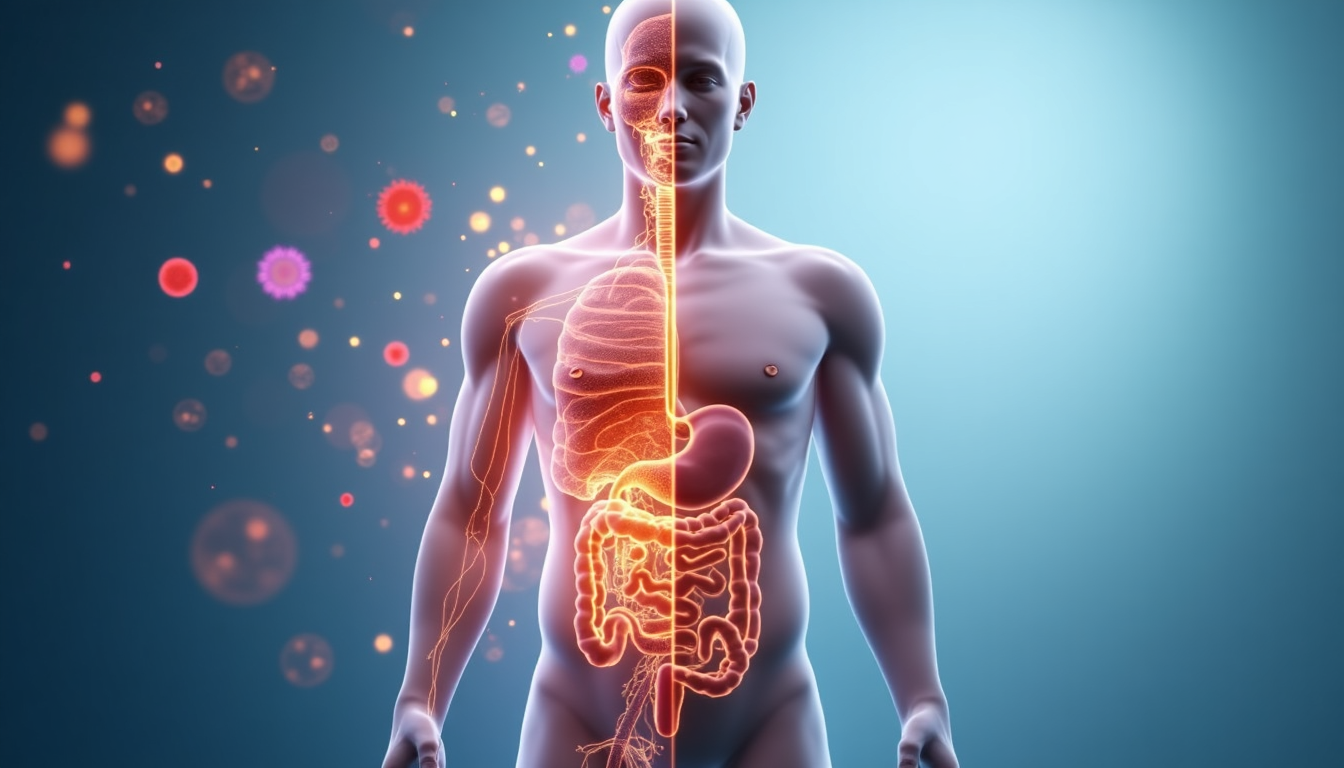
Hormone Imbalances and Sleep: Why Cortisol and Progesterone Matter
Hormone imbalance and sleep is often an overlooked relationship when considering sleep problems. Difficulty falling asleep, waking in the night, or feeling unrefreshed in the
It has been known for a while that in the first three to four days after giving birth, oestrogen levls drop by up to 1000 times. A new study has identified an enzyme called monoamine oxidase A, which increases dramatically in proportion to this oestrogen loss. Monoamine oxidase A may contribute significantly to depression in new mothers because it breaks down the vital neurotransmitters that keep us happy and content – serotonin and dopamine.
The study, published in the Archives of General Psychiatry, found that levels of the enzyme peaked on the fifth day after giving birth; this is the day that new mothers often hit their lowest point.
It was found that levels of hormones could be measured during pregnancy – high levels predicted post-natal depression with an accuracy of 75 percent during the study. It is hoped that screening for post-natal depression could be possible in the future.
While we wait for this exciting development, there are many things that new mothers can do to boost their serotonin levels. Gaining support from valued and trusted family members and friends, especially in the first week after giving birth, may reduce some of the stress and isolation at this wonderful but potentially difficult time. In addition, nutrition can play a huge role in balancing hormones and neurotransmitters.
Pregnancy and breast feeding place an enormous demand on the body – the baby will take whichever nutrients it needs for health and growth and this may deplete the mother’s resources. Cooking a nutritious meal for a new mother is probably the most useful thing you can do – especially if you wash up afterwards!
What should a new mother eat?
Protein is important as neurotransmitters are made from amino acids, the building blocks of protein. A new mother will need 60g protein and this increases to 80g for breastfeeders – a vegetarian mother will have to work hard to ensure that she is eating enough high quality protein from foods such as eggs, soya products, cheese, nuts and seeds and pulses.
Essential fats are vital for the production of serotonin and dopamine, so this is not a good time to cut down on fat. Non-vegetarians can boost their omega 3 fat intake with oily fish (sardines, mackerel, herring trout) twice a week, but vegetarians must rely on flax seed and oil for omega 3 fats. Cold pressed vegetable oils, nuts and seeds are good sources of omega 6 fatty acids.
Vitamins and minerals are vital for new mothers in order to replenish supplies that have been depleted by pregnancy and to make neurotransmitters (serotonin and dopamine). For breast feeding mothers, making milk will deplete what the mother has available to her. Five prtions of fruit and veg is the minimum – 8-10 will be better. Wherever possible these should be fresh, organic and lightly prepared in order to preserve their nutritional content. Variety is important and a rainbow of colours will ensure that a wide range of vitamins and minerals are available – in the winter some fruits that may not be local and seasonal can be added in order to boost the choices.
B vitamins and vitamin C are particularly important cofactors for neurotransmitter production; these can be found in whole grains, brown rice, leafy green vegetables, watercress, peppers and fruits.
How you eat is also vital for neurotransmitter production; processed foods, sugary sweet foods and stimulants are low in nutrients and play havoc with blood sugar. Allowing yourself to get too hungry will make you reach for these foods in desperation, but that will send you on a blood sugar rollercoaster where energy escalates and plummets. This alone can have a devastating effect on mood and these foods contain no nutrients for health and wellbeing. Instead, a routine of enjoying three uninterrupted meals each day and three snacks can work wonders for mood and wellbeing. These meals and snacks should be high in fruits, vegetables and unrefined whole foods and each should contain some protein – 15g per meal and 5g for each snack is ideal (20g per meal for breastfeeders). Cutting down on sugar and stimulants such as tea, coffee and alcohol will help to stabilise moods, but breastfeeding mothers will want to drink plenty of herbal teas and plain water to replace the fluids that the baby takes during feeds.
Having a new baby in the house is demanding and disrupted sleep patterns can cause exhaustion. Although preparing food can be time consuming, the rewards of stable moods and increased energy may be worth the extra work. Better still, direct any offers of help towards shopping or preparing healthy, delicious meals and snacks. If you tell them exactly what you need, people will be delighted to help.
To discuss your individual needs during pregnancy or after birth, why not make an appointment with Emma at Smart Nutrition?

Hormone imbalance and sleep is often an overlooked relationship when considering sleep problems. Difficulty falling asleep, waking in the night, or feeling unrefreshed in the

‘Detox’ has become one of the most misunderstood concepts in modern wellness. For many people, it brings to mind juice cleanses, restrictive diets or short-term resets promising quick results. Yet the body’s true detoxification systems are far more complex — and far more intelligent — than any cleanse.

Anxiety and gut health are closely linked through the gut–brain axis. Research suggests the gut microbiome, neurotransmitters and genetics may influence stress responses and emotional well-being. Exploring gut microbiome and nervous system insights can help build a more personalised understanding of anxiety.

Strange symptoms can puzzle anyone. Your body might show signs ranging from headaches and skin rashes to digestive problems and anxiety. Doctors sometimes struggle to explain these mysterious health issues that affect millions of people worldwide.
Please do not return samples to the laboratories that may arrive after Wednesday 27th March and up to and including Monday 2nd April.
The laboratories are closed from the 28th March – 2nd April for the Easter Holiday.